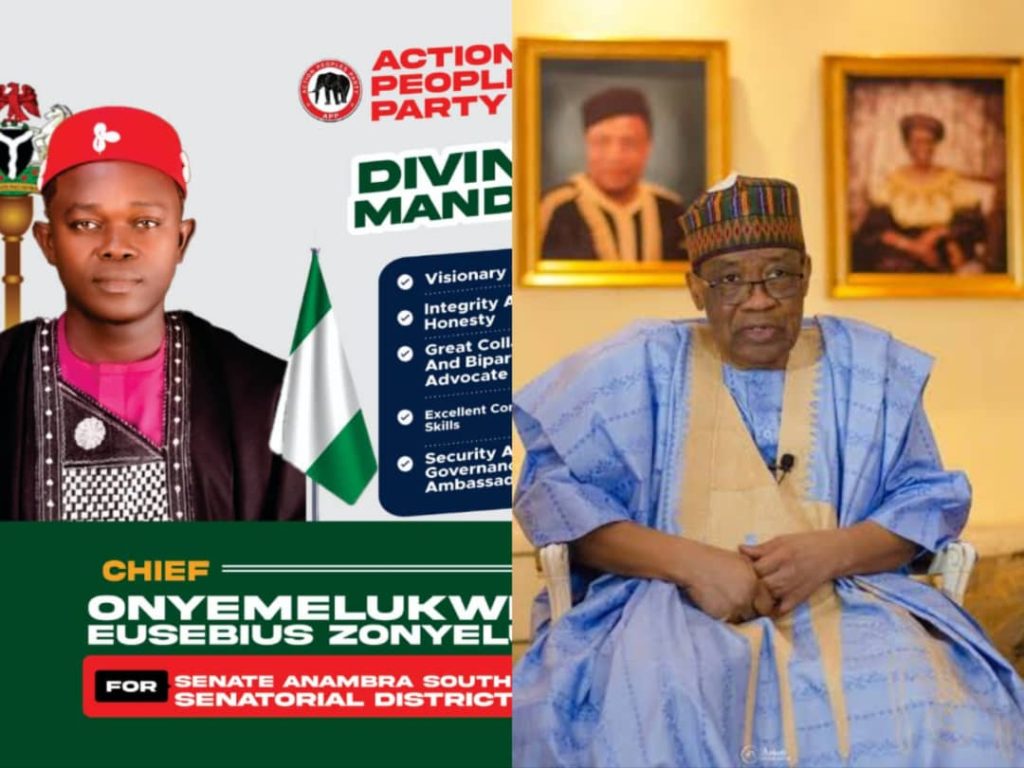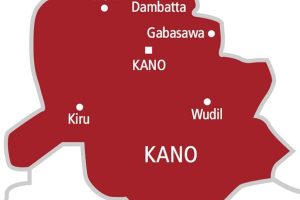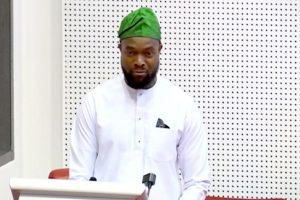
Chief Onyemelukwe Eusebius Zonyelu, a financial expert from Igboukwu in Aguata Local Government Area of Anambra State and a senatorial aspirant for Anambra South under the Action Peoples Party (APP), has called on Nigerians to forgive former military President General Ibrahim Badamasi Babangida (IBB) for the annulment of the June 12, 1993, presidential election.
Speaking on the legacy of the late Professor Humphrey Nwosu, who served as Chairman of the National Electoral Commission (NEC) from 1989 to 1993, Chief Onyemelukwe emphasized the role Nwosu played in Nigeria’s democratic history. He highlighted that NEC, under Nwosu’s leadership, introduced the innovative Option A-4 voting system, which allowed voters to queue behind the photographs of their preferred candidates at polling stations. He described Nwosu as a “hero of democracy” for overseeing elections before the annulled June 12 presidential poll.
However, Chief Onyemelukwe urged Nigerians to forgive General Babangida for his role in the annulment, citing internal and external pressures that influenced his decision as Head of State. He further made a bold appeal for IBB’s return to leadership, suggesting that after President Bola Ahmed Tinubu completes his second term, power should be handed over to General Babangida for a single tenure before transitioning to either Atiku Abubakar or Peter Obi.
He justified his call by listing Babangida’s numerous achievements during his military administration from 1985 to 1993. According to Chief Onyemelukwe, IBB was instrumental in the creation of several states, including Abia, Yobe, Katsina, Taraba, Jigawa, Kebbi, Enugu, Edo, Delta, Osun, and Akwa Ibom. He also spearheaded the establishment of critical security and infrastructure agencies, such as the Federal Road Safety Corps (FRSC), the State Security Service (SSS), the National Intelligence Agency (NIA), and the Defence Intelligence Agency (DIA).
Additionally, he highlighted IBB’s contributions to Nigeria’s infrastructural development, which include the construction of Aso Rock Presidential Villa, the Third Mainland Bridge in Lagos, the International Conference Centre in Abuja, multiple federal secretariats, housing estates nationwide, and several military and security installations. Babangida’s administration also invested in major energy projects, such as the Egbin Thermal Power Station, the Shiroro Hydroelectric Power Station, and multiple water supply schemes across the country.
“IBB did all these within eight years while maintaining a stable economy, paying fuel subsidies, ensuring a fair exchange rate for the naira, and fulfilling salary and pension obligations,” Onyemelukwe stated.
Acknowledging Babangida’s advanced age, Onyemelukwe admitted that the former leader may no longer have the physical strength of his youth but insisted that his wealth of experience remains invaluable to Nigeria. “At 82, IBB has an unbeatable record of achievements. We need his wisdom and expertise to contribute to national development as a civilian Head of State,” he concluded.
His comments are expected to spark national debate on the possibility of Babangida returning to power and the broader discourse on Nigeria’s political future.








